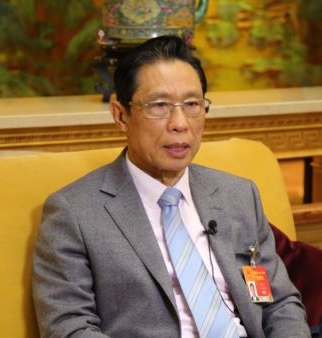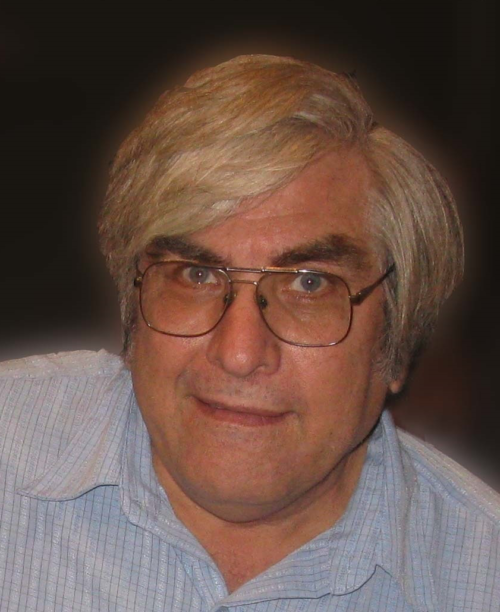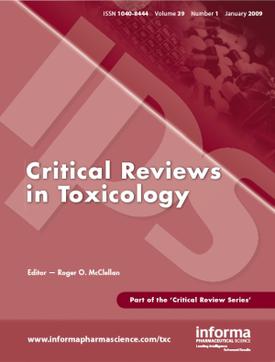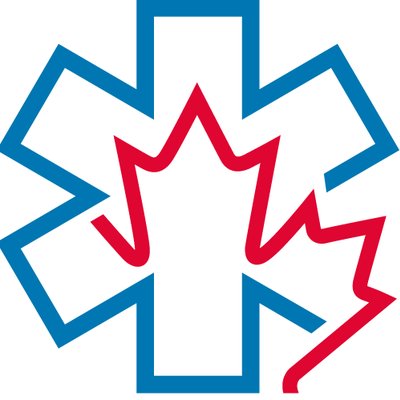
One of China’s leading scientists in the fight against COVID-19 failed to disclose ties to a pharmaceutical company in a paper stemming from a clinical trial, Retraction Watch has learned. A co-author on the paper is married to the daughter of that pharmaceutical company’s founder, who herself sits on the firm’s board of directors.
Nanshan Zhong first rose to prominence during the 2003 SARS outbreak for developing “a controversial steroid treatment that cured many SARS patients but left some with debilitating bone issues,” according to NPR. In 2020, TIME named him to the magazine’s list of the world’s 100 most influential people. He was appointed to lead China’s National Health Commission investigation into COVID-19 early last year, and in February 2020 Harvard announced that Zhong would share in a $115 million effort with university scientists to develop therapies for COVID-19.
Last May, Zhong published results from a clinical trial that tested whether a traditional Chinese medicine could be used to treat COVID-19 patients. That paper, titled “Efficacy and safety of Lianhuaqingwen capsules, a repurposed Chinese herb, in patients with coronavirus disease 2019: A multicenter, prospective, randomized controlled trial,” was published in Phytomedicine. It has been cited 67 times, according to Clarivate Analytics’ Web of Science, and has two corresponding authors: Zhong, of the Guangzhou Institute of Respiratory Health, and Zhen-hua Jia of Hebei Yiling Hospital, in China.
Continue reading Prominent Chinese scientist failed to disclose company ties in COVID-19 clinical trial paper





 A toxicology journal has issued an expression of concern for a group of papers about the controversial herbicide glyphosate after concluding that some of the authors didn’t adequately disclose their ties to the maker of the product.
A toxicology journal has issued an expression of concern for a group of papers about the controversial herbicide glyphosate after concluding that some of the authors didn’t adequately disclose their ties to the maker of the product.  Title:
Title:  An emergency medicine journal has retracted a letter to the editor, saying it didn’t include the author’s relevant commercial interest—which the author says he tried to disclose when he submitted the paper.
An emergency medicine journal has retracted a letter to the editor, saying it didn’t include the author’s relevant commercial interest—which the author says he tried to disclose when he submitted the paper.